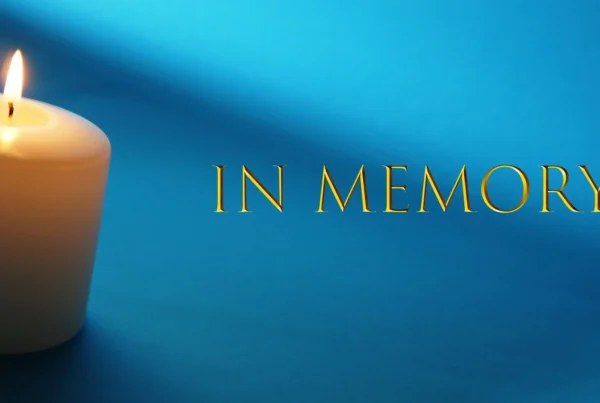The OSS was delighted to welcome one of the world’s foremost authorities on corruption and anti-doping in sport, Dick Pound, to our latest ‘In Conversation With’ event.
Mr Pound, a Canadian QC and Olympic and Commonwealth Games swimmer, became a leading figure in tackling corruption across the Olympic movement as bribes and enticements became part of bidding scandals. The longest serving member of the International Olympic Committee (IOC), and twice Vice-President, also co-founded the World Anti-Doping Agency (WADA), which led him into direct conflict with leading sports across the past 20 years, most notably cycling, the Tour de France and Lance Armstrong.
He was interviewed for the OSS by Jens Sejer Anderson, the Danish investigative journalist and director of ‘Play the Game’, part of OSS partner organisation, the Danish Institute of Sport Studies (IDAN), whch he describes as an initiative aiming at raising the ethical standards and promoting democracy, transparency and freedom of expression in world sport.
In a fascinating discussion that traversed global issues in sport, Mr Pound spoke openly about his time in the IOC, the challenges he and the IOC faced in tackling the growth of drug abuse and other scandals that have blighted the Olympics and global sport. Explaining why he led the creation of WADA, he told the OSS audience: “All of the talk we had heard about clean sport was just that – talk. Nothing was being done on an organised basis to make sure the sports were clean. That was what led to the Festina (Tour de France drugs) scandal in 1998, which first attracted the attention of the European sports establishment. Ben Johnson (steroid use) had already happened, but that was in Seoul and there was a perception, in Europe at least, that it wasn’t real unless it was in Europe.
“And in the midst of all of that the IOC Executive Board had a meeting, following a statement [IOC President, Juan Antonio] Samaranch had made, in the company of a media person – one of those ‘spend a day in the company of Juan Antonion Samaranch. They were sitting watching the Festina affair on television from Lausanne, and Samaranch said ‘to me that’s not doping. Doping is only if it’s a danger to the health of the athlete.’ Now … that was 180 degrees from what he had been saying publicly for a number of years, but he had forgotten the media person was in the room.
“The Spanish press the next day reported the IOC President as being soft on doping, and it was a firestorm of adverse media, which led to this Executive Board meeting. And he said ‘what are we going to do about this?’ ‘We? We were here because of what you said’. After some discussion there was agreement that nobody trusts anybody. You can’t trust cycling to make sure cycling is clean, you can’t trust France or Canada to make sure their athletes are clean, and the IOC was considered too weak to control the Olympic movement.
“So, what we needed was a new paradigm – an independent, international agency that was not controlled, and we used the model of the international court of arbitration for sport, where the governance was equal representation from the IOC, national oympic committees and athletes. We went forward with that organisation, which became WADA.”
Mr Pound is the longest serving member of the IOC and will be seen this summer presenting medals to athletes in Tokyo. He will return for a further OSS session after the Olympics, free to all OSS Supporters. Listen to the first session here:






Thought Piece from Charlie Raeburn for Reform Scotland